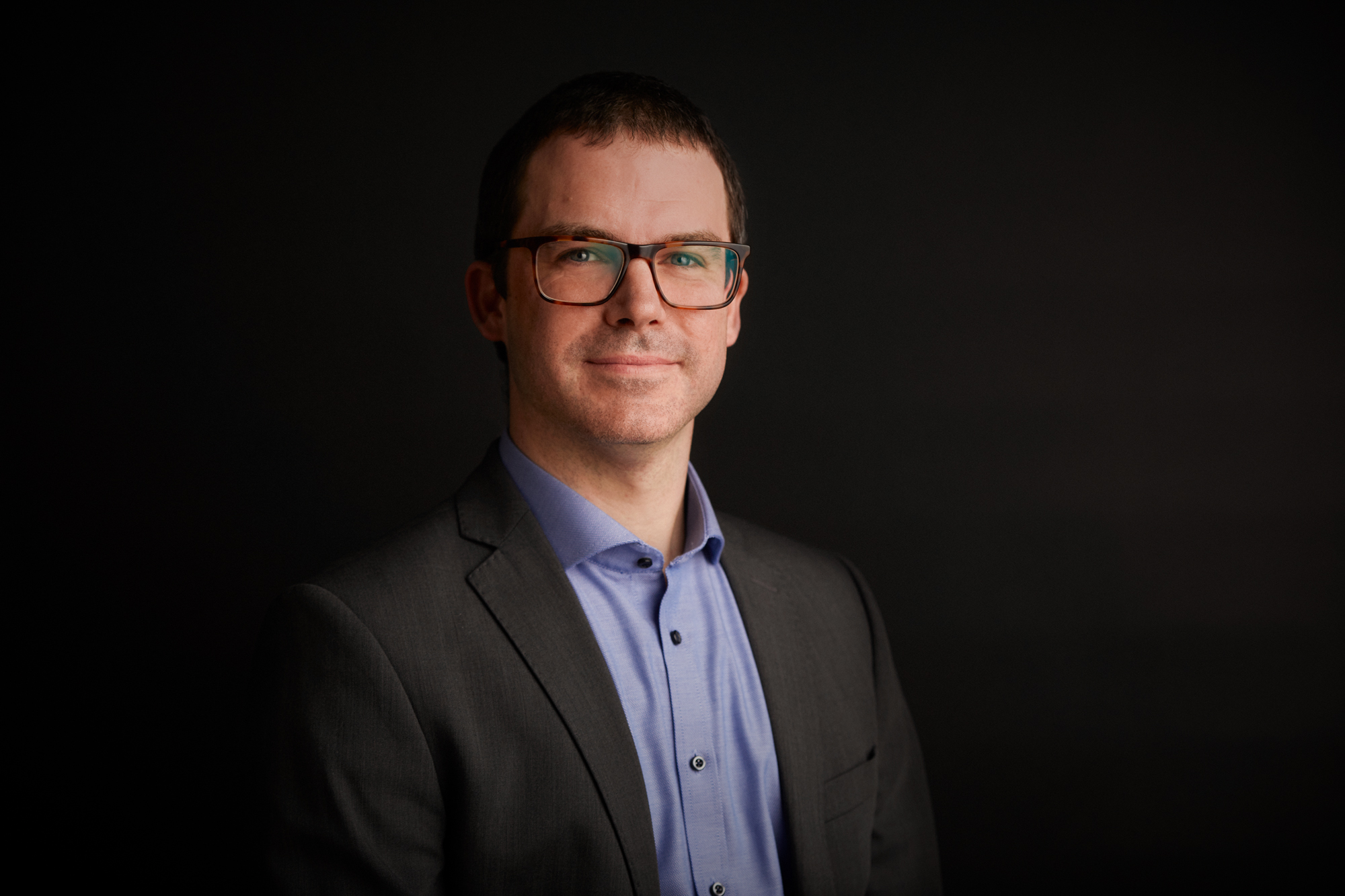Ronan Berg
Research leader

Project title
Pulmonary Immune Cell-Microbiome Interactions in ARDS
What is your project about?
We will investigate the mechanisms of so-called acute respiratory distress syndrome (ARDS), which is a common and life-threatening complication of pneumonia and septicaemia in critically ill patients. In ARDS, which is notably encountered in patients admitted to intensive care, a progressive loss on the lungs’ ability to take up oxygen and release carbon dioxide is observed. The focus of our project is on how the interplay between the lungs’ regional immune system and their natural flora of bacteria and fungi, the so-called microbiome, is affected in critical illness, and how this may potentially contribute to ARDS.
How did you become interested in your particular field of research?
I have been fascinated by the lungs since I first started to learn abut the body’s functions in the biology classes in primary school. This is primarily because breathing is a fundamental prerequisite for the function of all other organs and thereby the sustainment of life in all animals with lungs. At the same time, the lungs – just like the skin – comprise one of the body’s interfaces with the surrounding world, and the lung’s regional immune system is therefore paramount for the protection of the body towards invading microbes. The same regional immune system is dysfunctional in a wide range of diseases, particularly ARDS. Hence, a deeper understanding of the lung’s regional immune system has unique perspectives, as it may help us grasp the mechanism of ARDS in more detail, which will ultimately benefit some of the most profoundly ill patients in the health care system.
What are the scientific challenges and perspectives in your project?
We are conducting studies on critically ill patients admitted to intensive care, which is certainly a challenging setting, practically, logistically, and ethically. In order to gain new knowledge that may benefit future patients in the same situation it is important to conduct these types of studies, while ensuring that the patient is protected from harm and respecting that the patient’s relatives are in a state of crisis. The ability to perform studies in this setting enables us to address some very fundamental questions, i.e. why do some critically ill patients develop ARDS while others don’t? And more fundamentally: how is the interplay between the lung’s regional immune system and microbiome involved in the development of lung disease?
What is your estimate of the impact, which your project may have to society in the long term?
The COVID-19 pandemic has made it clear that ARDS may ultimately affect anyone of us. ARDS thus became the subject of public debate during the first COVID-19 wave in the spring of 2020, when we had to address the health system’s joint capacity in terms of mechanical ventilators. With our project, we will gain new insight into the mechanism of ARDS, which will help us identify new biomarkers of ARDS development and severity that may both find diagnostic and prognostic use in these patients. Potentially, our research may help us identify molecular targets for future immune therapy.
Which impact do you expect the Sapere Aude programme will have on your career as a researcher?
Sapere Aude is a unique opportunity that will provide me with the freedom to work in depth with questions I believe are the most important within my field right now. In this manner, Sapere Aude is important step for me to establish myself as an independent research leader.
Background and personal life
I am an MD and board-certified specialist in clinical physiology and nuclear medicine, and in my clinical practice at University Hospital Copenhagen - Rigshospitalet, I mostly work with advanced diagnostics of lung diseases. As Associate Professor of physiology, I am furthermore responsible for the teaching of respiratory physiology at Medicine at the University of Copenhagen. I live with my family in Ørestad, and when I am not doing scientific research, I am notably interested in literature and history.
View all research leaders here
Research institution
University of Copenhagen
Research field
Respiratory physiology
City of your current residence
Copenhagen
High school
Slagelse Gymnasium
